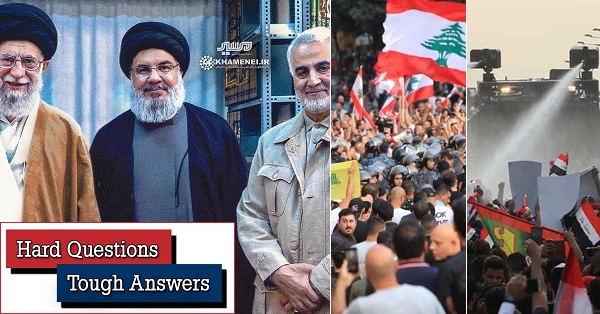
Last Tuesday, the New York Times reported that Donald Trump planned to sign an executive order targeting
anti-Semitism on college campuses by defining Judaism as a race or nationality, cuing a flood of op-eds and a
social media fury. In the ensuing discussion, an important question arose; namely, what does such an order
mean for the pro-Israel, pro-peace activities of organizations like Americans for Peace Now (APN) who hold events
on college campuses?
In the following days, a different pattern emerged. When unveiled, the text of the executive order
definitively did not define Judaism as a race or nationality; instead, it suggested that those who face
discrimination based on race or national origin will not lose protection under Title VI of the 1964 Civil Rights
Act. In other words, if a racial slur is lobbed, or a far-left campus activist tells a group of Jewish
students that they are tools of “Israeli oppression,” Title VI grants those students a means for recourse.
Discrimination often occurs through the lens of race or nationality; consequently, it is an important, even
welcome, development to include anti-Semitic acts carried out under the guise of race or nationality— in other
words, based on the target group’s perceived racial or national characteristics— as being protected by civil rights
law.
There lies a complication, though, regarding attempts to define anti-Semitism. President Trump’s executive
order advises executive agencies to use the International Holocaust Remembrance
Alliance’s (IHRA) definition of anti-Semitism, which includes a broad array of examples that “might be useful
as evidence of discriminatory intent.” While many of these examples are self-evident, such as comparing
Israeli policy to Nazi Germany, the list includes the far murkier waters of denying a right to self-determination
for the Jewish people, for example, by claiming that the state of Israel is a racist enterprise, and targeting the
Israeli state, understood as a Jewish collectivity.
As it turns out, this broadened definition of anti-Semitism can include an entire range of criticism of Israeli
policy, subject to the prerogative of the US Department of Education. As some critics have
argued, this threatens to create a “chilling effect” whereby critics of Israeli policy exercise self-censorship,
for fear of being subject to Title VI litigation. And, most ominously, it achieves a seamless sleight of
hand; as presidential advisor Jared Kushner wrote in his New York Times
opinion piece defending the policy, this definition blurs the distinction between anti-Semitism and
anti-Zionism. By transforming the definition of anti-Semitism from including delegitimization of the Jewish
state to including criticism of the policies and actions undertaken by the government of Israel, this executive
order leaves little space for healthy debate about Israeli policy on campus. While criticism of Israel
certainly can venture into the territory of anti-Semitism, criticizing Israeli policy is not inherently
anti-Semitic; rather, it is an essential part of formulating policy preferences in a functioning democracy, both in
Israel and in America.
Reliance on the IHRA definition empowers the Trump administration to limit the scope of Jewish organizations,
including APN, to critically discuss difficult aspects of the occupation. It could, ultimately, serve as a
Trojan horse to divide the Jewish community, on the one hand offering a greater umbrella of civil rights
protections to Jewish students who face a real and growing problem of anti-Semitic harassment on campus, and on the
other, risking labelling pro-Israel organizations which criticize Israeli actions as anti-Semitic and liable to be
barred from federally funded spaces. And, under the stewardship of an ideologically motivated Department of
Education, this executive order provides ammunition for Title VI investigations against individuals or groups which
stand in opposition to administration political priorities, thereby threatening to water down the flow of ideas on
campus.
This portent is something that we should all be wary of.









